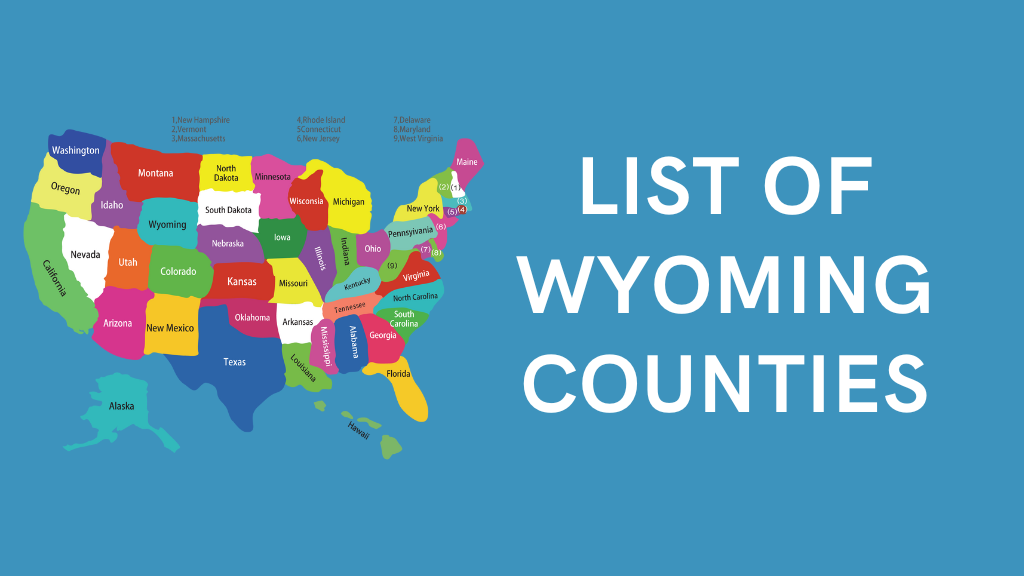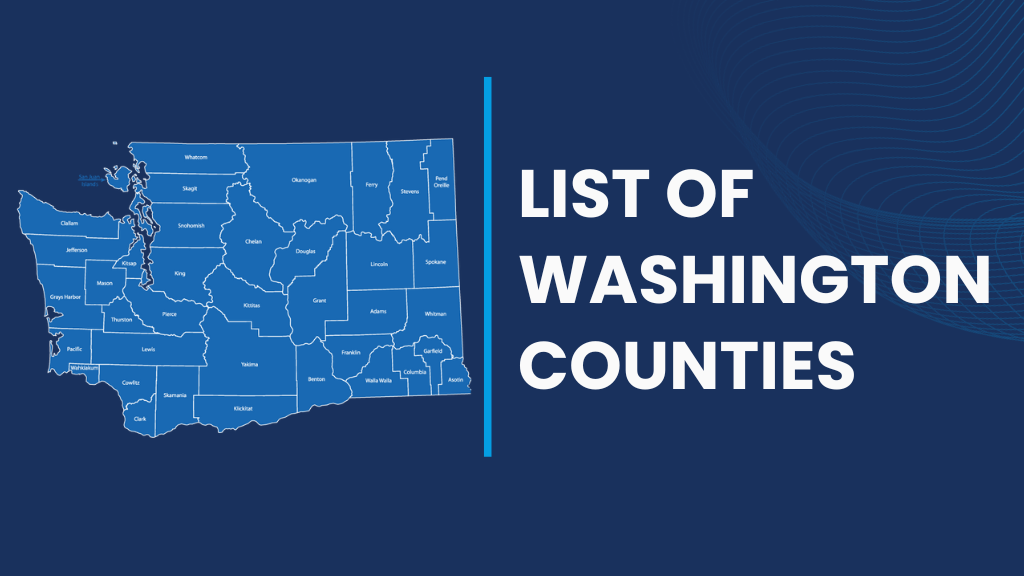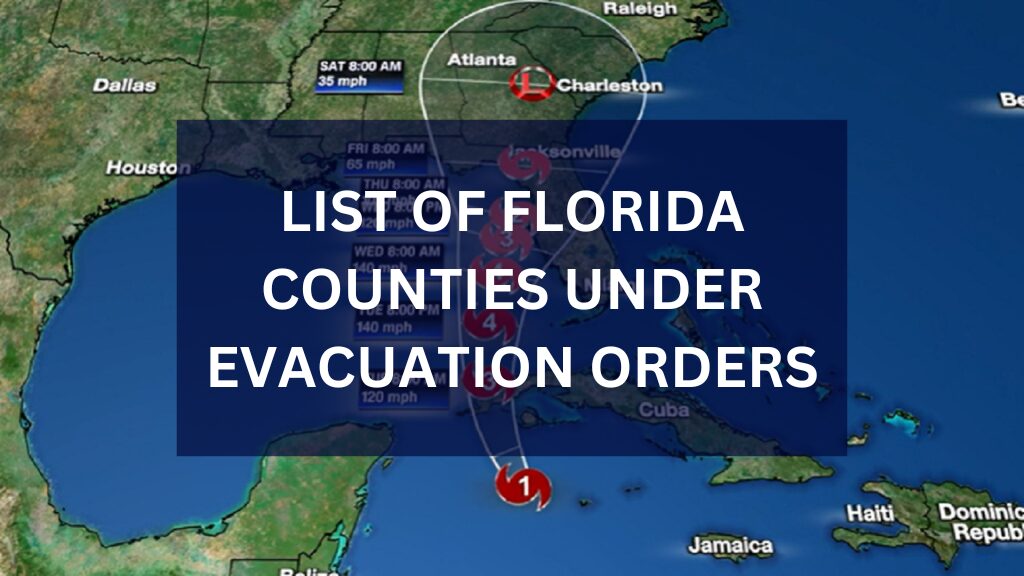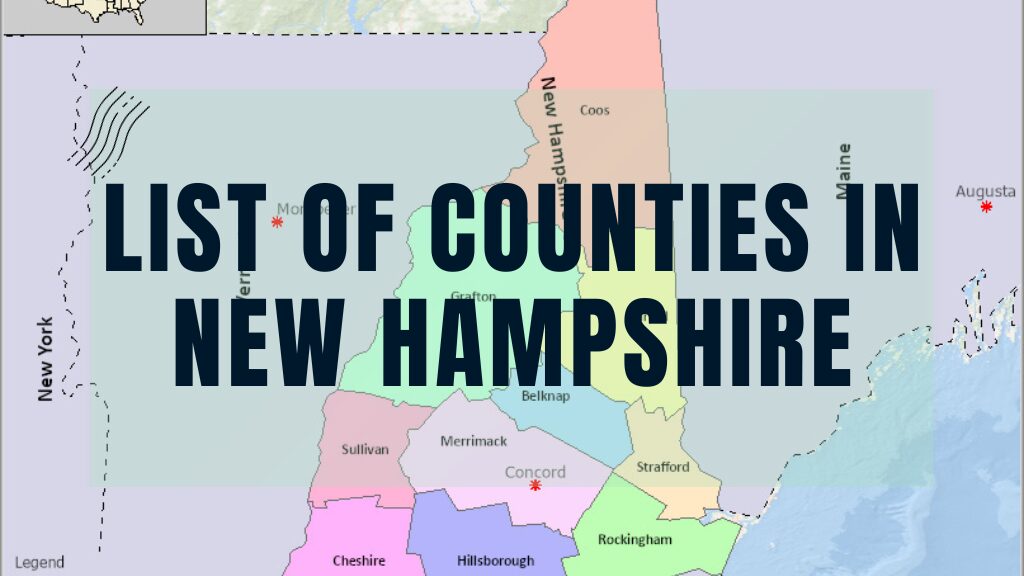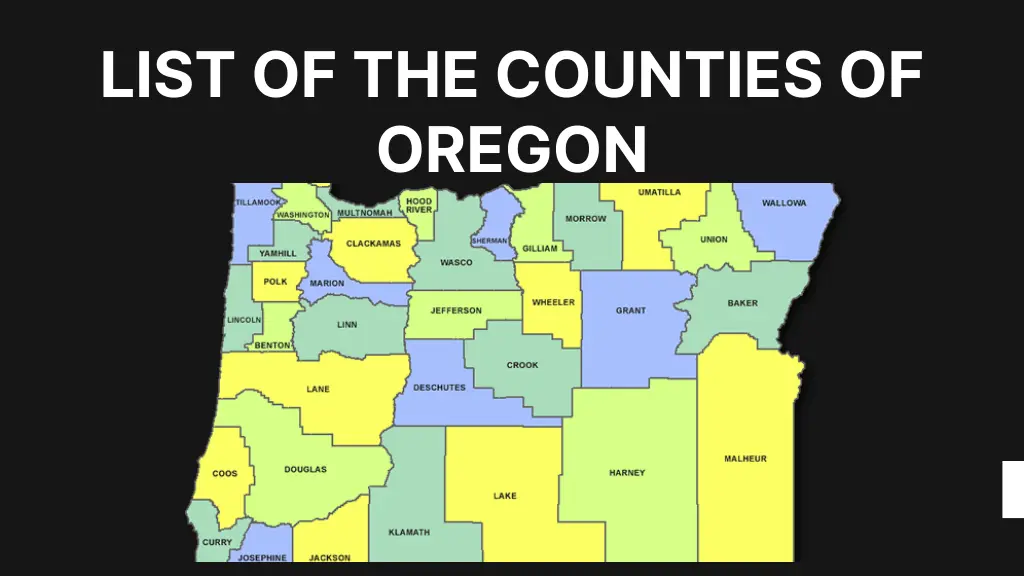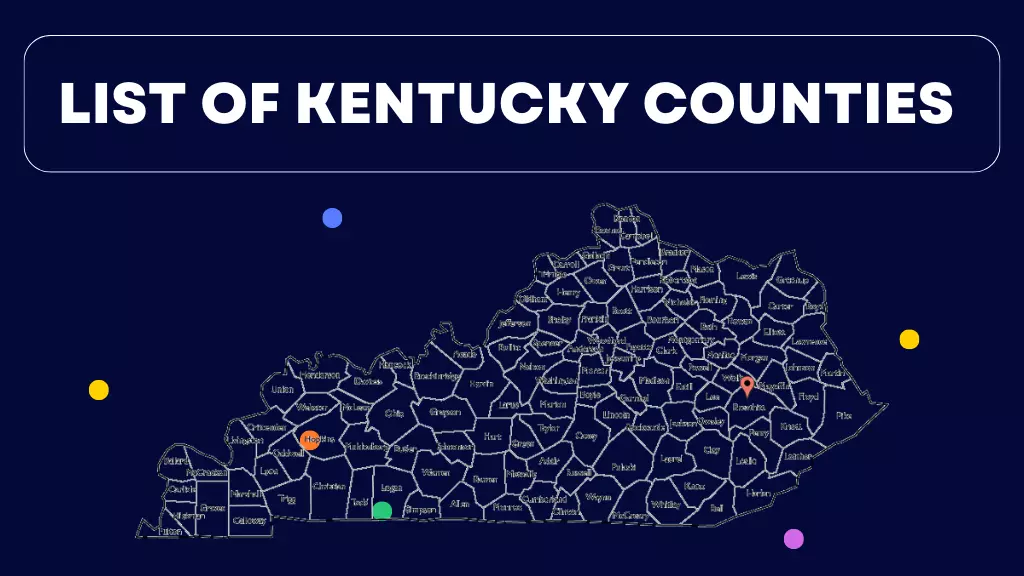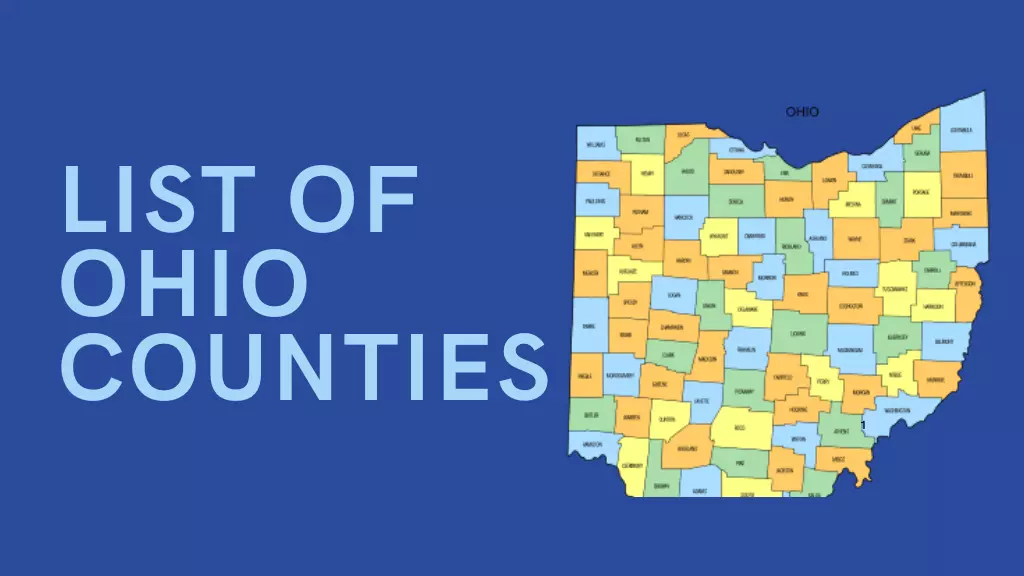Complete List of US Counties with Names and States
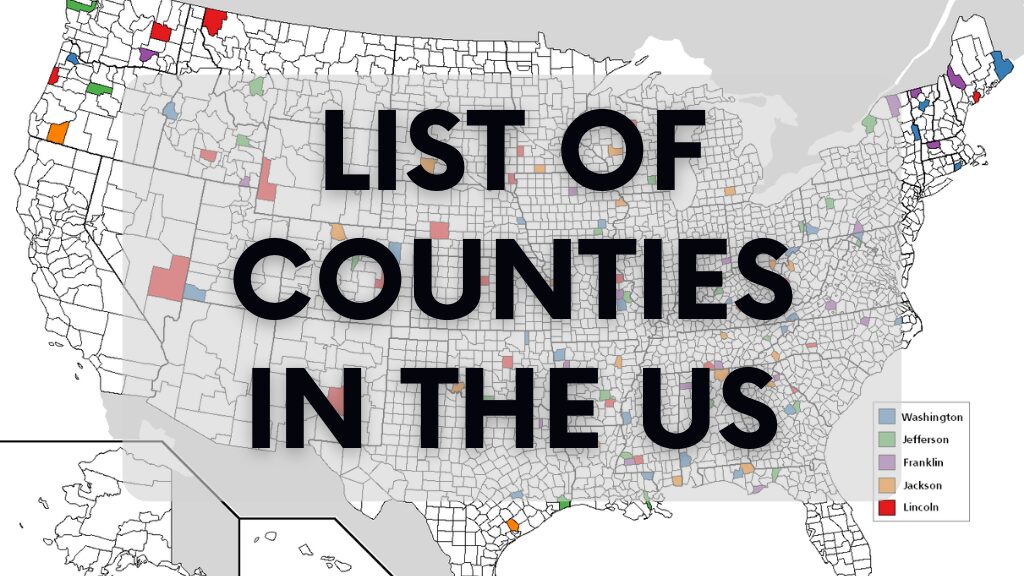
The United States is made up of fifty states, each divided into counties that play a central role in local governance and community life. Understanding the List of Counties in the US helps us explore not only geography, but also…

